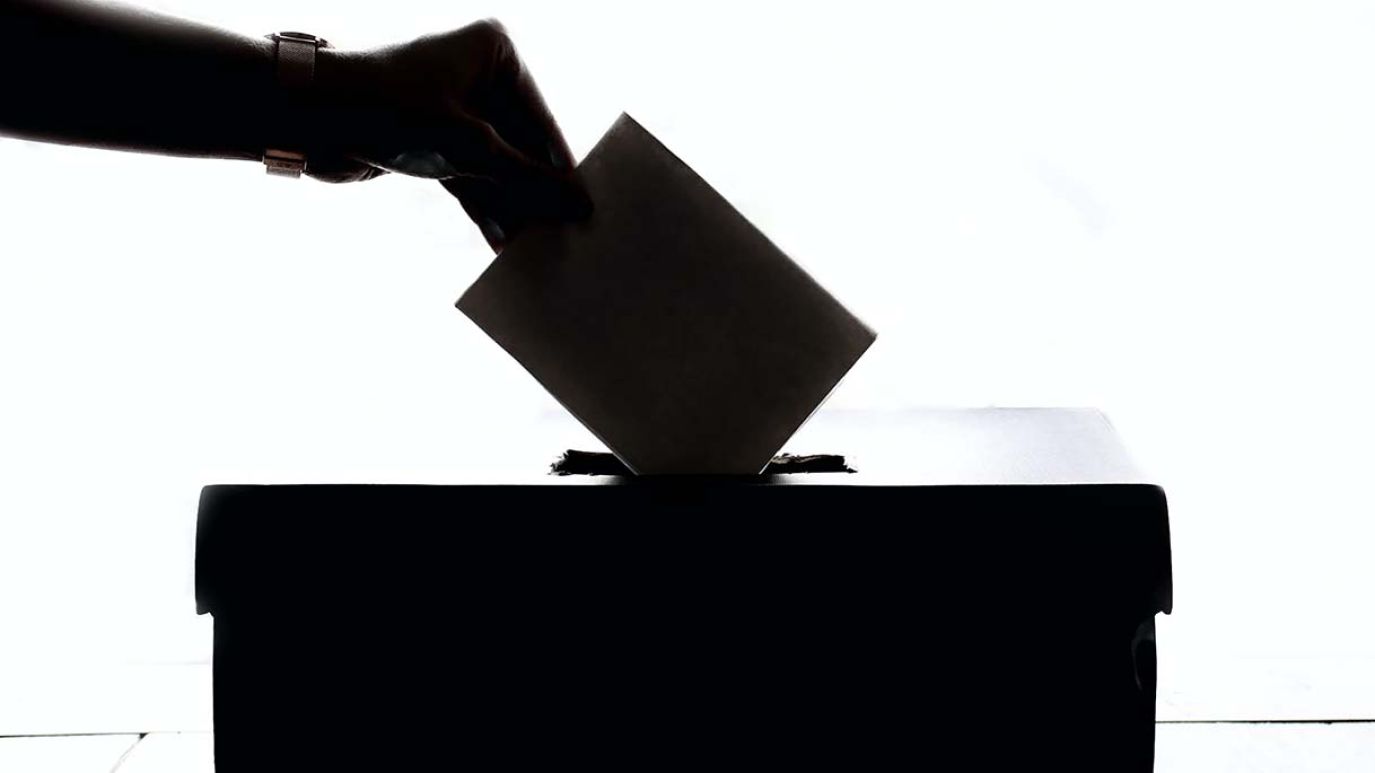-
Blog
Lai and Hsiao register as DPP presidential and vice-presidential candidates in Taiwan 2024 elections

Taiwan’s former envoy to the US, Bi-khim Hsiao, and Lai Ching-te (also known as William Lai), head of the Democratic Progressive Party (DPP) and frontrunner in the upcoming presidential elections, became the first contenders to officially register their candidacy for the Taiwanese elections on 13 January 2024.
Bi-khim Hsiao, also known as the Taipei economic and cultural representative, has officially registered to run as DPP presidential candidate William Lai’s running mate in the upcoming January 2024 Taiwan elections. The Japanese-born half-American former lawmaker has been described by Lai as “a warrior for democracy and one of Taiwan’s most influential ambassadors.” She is deeply unpopular in China for her stance on Taiwan independence but has the support of younger voters in Taiwan.
Independence vs. pro-China
The Lai-Hsiao ticket has, of course, drawn the ire of Beijing, which supports the Kuomintang (KMT) candidate Hou You-ih, who wants to foster closer ties with Beijing and is popular with businesses and families who fled China in the 1940s.
Furthermore, Hou and the independent Taiwan People’s Party (TPP) candidate Ko Wen-je – KMT and TPP are the main opposition parties in Taiwan and the challenge to Lai – threw a spanner in the works a few weeks ago when they announced they would work together and form an alliance against the DPP. Ko is favored by Taiwanese citizens who want to change the limited two-tier political system in Taiwan and replace the DPP.
However, the KMT-TPP plan has since fallen by the wayside in awkward circumstances, with neither party able to agree on the vice-president and presidential candidates they wanted to put forward – the official deadline for registering to run was 24 November.
Support for DPP wavering
If successful, this move would have been a significant challenge to Lai’s runaway popularity. Notably, however, the most recent poll on 24 October by the independent Taiwanese Public Opinion Foundation found that the DPP’s popularity is currently on the wane. For example, current President Tsai Ing-wen’s approval rating dropped from 38.4% in September to 36.5% in October, her lowest rating since April 2019; her disapproval rating jumped from 48.2% to 52%.
In the current election race, the same survey showed that William Lai remains the frontrunner with 29.7% support, followed by Ko (25.6%), and Hou (21.1%). However, Lai’s support has dropped below 30% for the first time since he registered in March to run for Taiwan’s top job.
Meanwhile, when respondents were asked to consider the past eight months, the poll showed:
- 2% of the respondents were satisfied with the overall performance of Tsai’s cabinet, while 43.8% were dissatisfied.
- 5% opposed the DPP staying in power after 2024 while 34.7% supported it.
- 59% of respondents said they do not want to see the DPP continue to control both the government and legislature as it does now.
Concern over China’s response should the DPP win
If this trend continues, public sentiment may not favor the DPP in the 2024 presidential and legislature elections. Many Taiwan citizens are concerned that the DPP sets the political and legislative agenda for the state, and of course fear stoking cross-Strait tensions.
In October, William Lai stated during a campaign speech, “Accepting the 1992 Consensus means giving up Taiwan’s sovereignty and losing freedom and democracy.” He added that the problem in the Taiwan Strait is not a continuation of the Chinese Civil War, nor is it merely a problem between Taiwan and China: “This is a problem that the world has to deal with. We need to jointly protect Taiwan by forming alliances with other democratic countries. We must not be afraid because China is intensifying its threat against Taiwan.”
Given Lai’s remarks and the mainland reaction, the probability of dialogue between Taiwan and China is low, if Lai is elected in Taiwan’s 2024 presidential election. Lai and Hsiao’s clear independent stance for Taiwan will raise tensions between Taipei and Beijing and increase geopolitical risks in the Taiwan Strait.
Do you want an in-depth briefing on the situation and the implications of different potential scenarios? Contact our experts to discover more.
China’s 5G influence in developing economies
China’s Belt and Road Initiative and its digital counterpart, the Digital Silk Road, threaten to displace US telecom and tech companies in developing economies in Africa, Latin America and the Middle East. How can US operators and network providers stand up to the challenge?